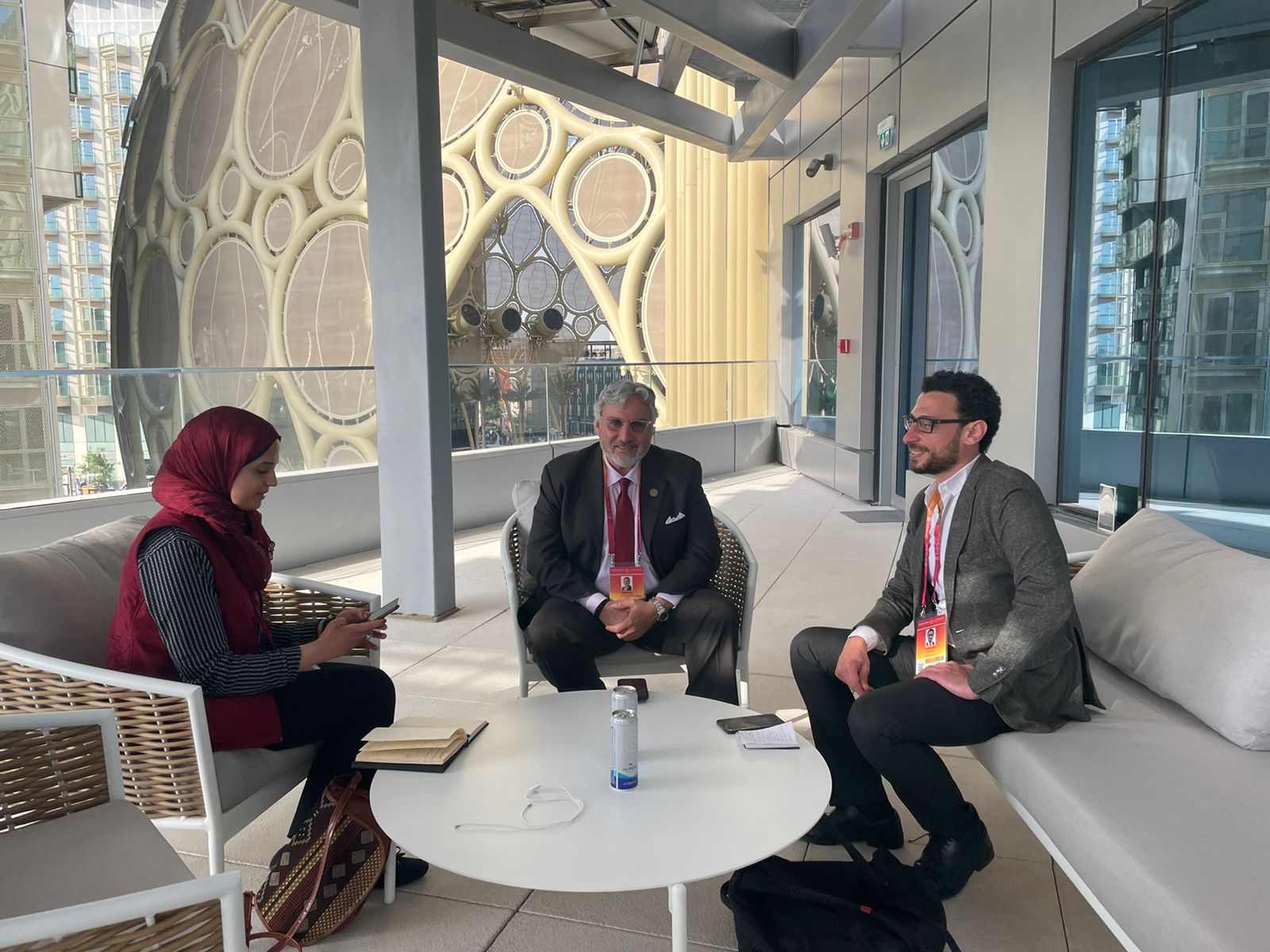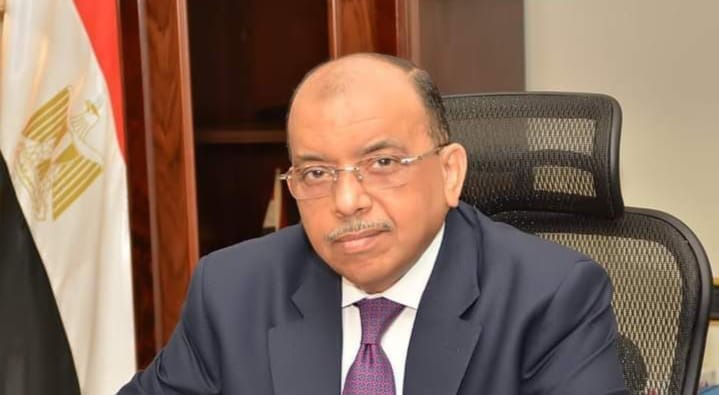
(DNE Photo)
By Abdel Qader Ramadan
Hernando de Soto, president of Peru’s Institute for Liberty and Democracy, has cautioned of the potential pitfalls governments may face in reintegrating the unregistered informal sector into the official system.
During his speech Saturday at a seminar held by the Egyptian Center for Economic Studies (ECES) on “legalisation of the informal sector in Egypt”, De Soto estimated the volume of unregistered real estate assets in Egypt at $360bn, according to their current market value.
“Registering just 5% of unregistered assets would double the size of the Egyptian economy within a few years,” said de Soto, describing the situation in Egypt as being different from other countries, noting that the concept of the “informal sector” differs among countries. In developed countries it is considered a crime, whereas in developing countries such as Egypt it accumulates due to bureaucracy and bad laws, he said.
De Soto pointed to the variety of mechanisms for holding land – from renting, to having the right of utilization, to actual ownership – in addition to the various documents used to prove ownership, whereas in the United States there is one law that regulates all of this.
He said that the non-registration of these assets deprives owners of many financing opportunities, which makes these individuals appear poor even though they hold real estate wealth that should enable them to improve their situation.
“What we need are clear and strong rules … facilitating the process of registration, and legalisation is not complicated, ” said De Soto, citing the experience of Peru in legalising the informal sector.
“It is true that the informal sector is not disturbed by the current situation, but in reality they are not happy with it either… because they are forced to work and deal with the individuals inside the circles of their relatives or neighbours, even if these individuals are not qualified and unwanted … While in the formal sector the law governs and organizes the work of everyone regardless of personal relationships,” said De Soto.
According to a statement from the Egyptian Center for Economic Studies the size of informal activities in Egypt last year was equivalent to approximately 40% of GDP, including 2.7m entities employing five million workers, representing 66% of total non-agricultural employment in the private sector.
The statement said that real estate property owned by 92% of Egyptians is not registered and is estimated to be worth EGP 1tn, and that 70% of its ownership is concentrated among low-income earners.
The centre also said that the legalization of the sector would result in additional economic growth of 2% per year, help correct many of the institutional and structural problems in the economy, raise tax revenues, alleviate poverty and allow workers to receive social security benefits.
“It is up to us to convince the informal sector to join the formal sector and take responsibility for obtaining licenses and paying insurance and taxes,” said De Soto.
“We have to try and attempt to do this, even if we fail … Governments in developing countries are afraid to try this … It has to be an experiment of subjecting this sector and adapting it … developing countries are nothing if not a store of failed experiments that ultimately turned into success stories.”
De Soto said that there must be direct communication with this sector and extensive community dialogue about the laws that will be issued to regulate them.
“You all in Egypt are living out a real crisis … but it is an opportunity … a crisis is the best moment to begin the process of change,” said De Soto.



